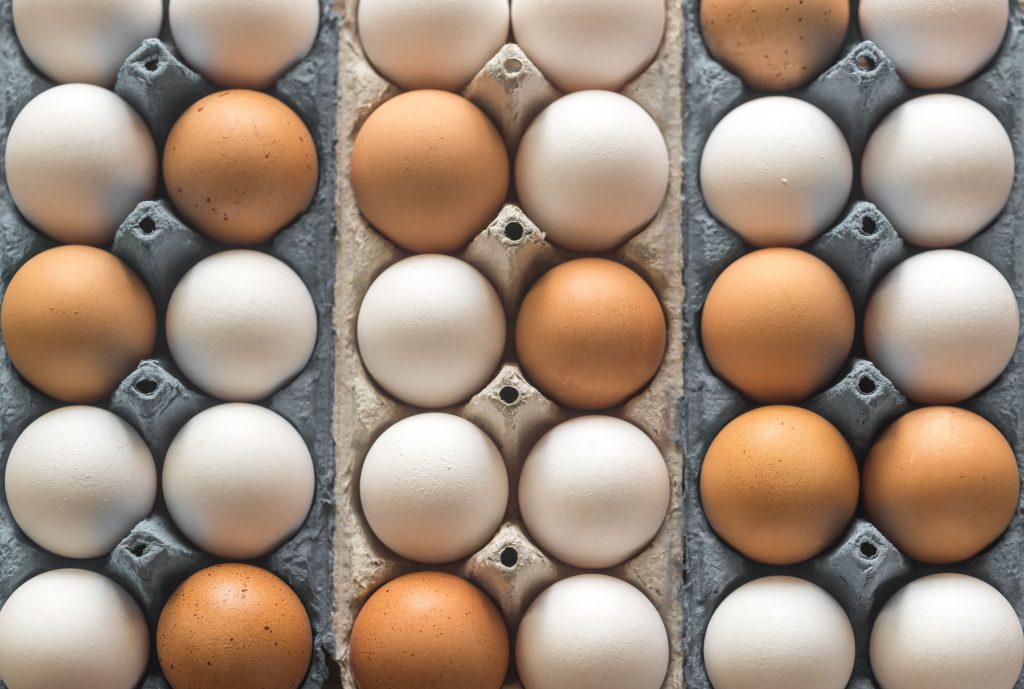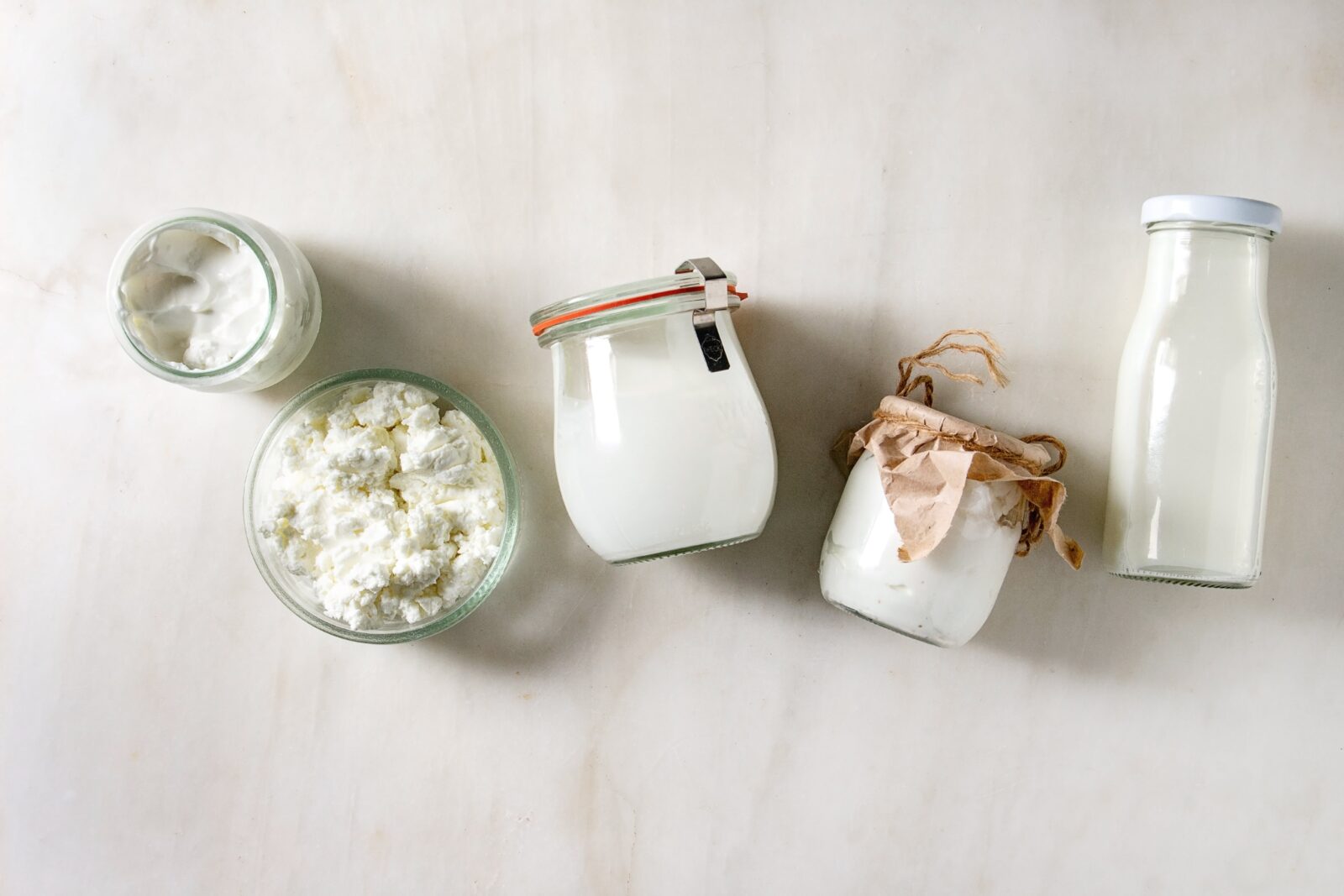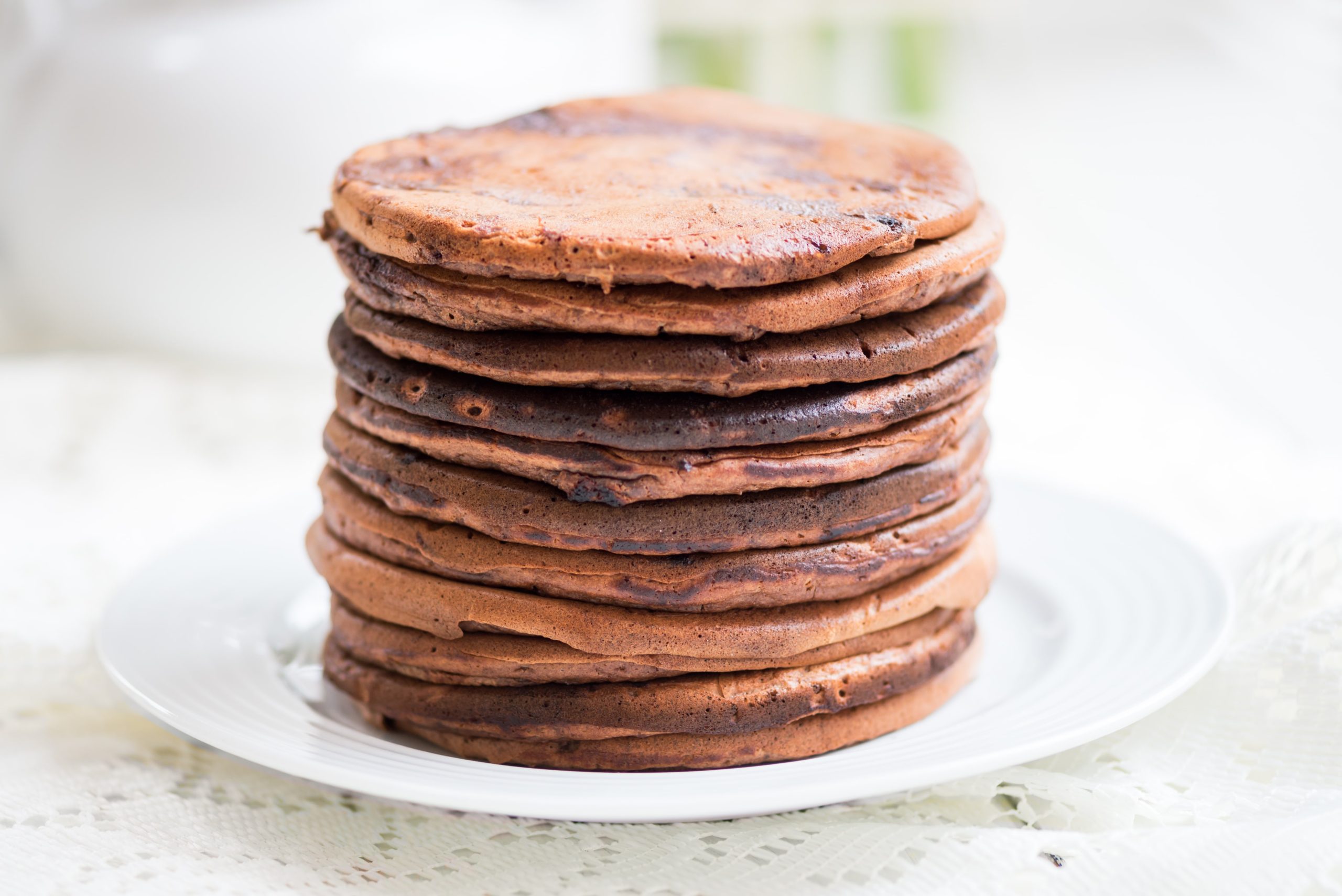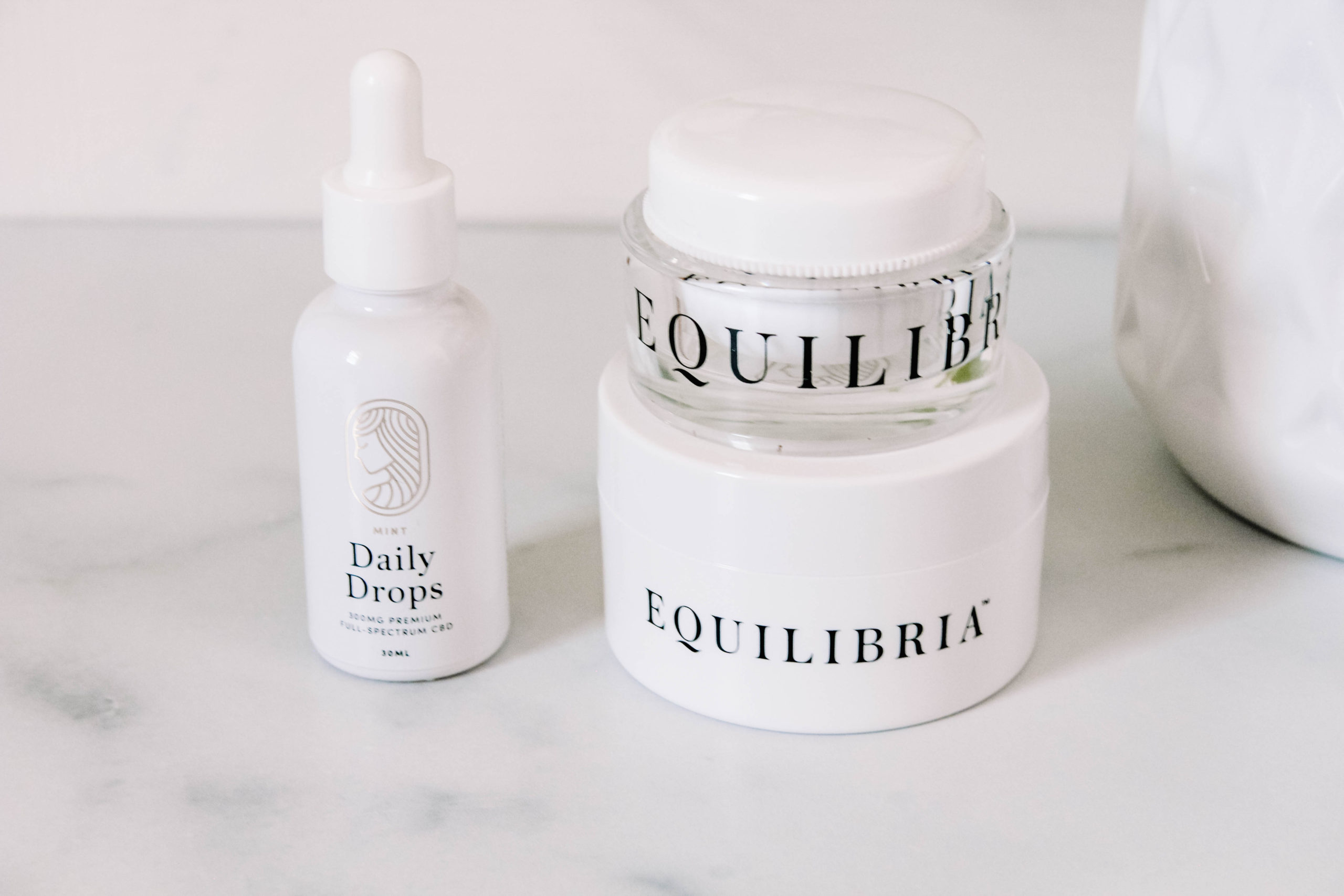Last updated on March 29th, 2023 at 07:44 pm
There are so many common questions I get around the topic of dietary fats. Why do I use so much fat in cooking and baking? Whether I’m scared of packing on the pounds? What healthy fats to eat? Are the benefits of healthy fats really that important? So today, I will answer these questions.
I never intentionally followed a low-fat diet but never questioned it. In fact, I just bought whatever grocery item I needed at the best price regardless of the fat content. Low fat is standard today, so you don’t have to think about it technically. It was a struggle to keep up with life, and I never felt entirely well or satisfied after eating low-fat or fat-free. About nine years ago, when I switched to an organic whole-food diet, I began reading about the importance of dietary fat and discovered so much interesting information. In brief, we need fats!
The benefits of healthy fats are numerous. Unprocessed, saturated fats are essential for energy production, hormone creation, a healthy immune system, and many other vital bodily functions. Of course, this information intrigued me but greatly confused me. Wasn’t fat ultimately bad for you? Doesn’t fat cause heart disease? Won’t fat make you fat? Finally, I wanted answers to some questions, so I began digging and digging.
The low-fat diet message began in the 1950s with a theory called the “Lipid Hypothesis.” This hypothesis suggested a direct relationship between the amount of saturated fat and cholesterol in the diet and the occurrence of coronary heart disease. Ancel Keys, the researcher behind the Lipid Hypothesis, received much publicity, mainly from vegetable and food processing companies. Many of these so-called experts advocated the validity of a diet low in fat and cholesterol for decreasing the risk of heart disease. I was so shocked to learn that there is very little scientific evidence to support his claim.
“Before 1920, coronary heart disease was rare in America. During the next forty years, the incidence of coronary heart disease rose dramatically. Today heart disease causes at least 40% of all US deaths. If, as we have been told, heart disease results from the consumption of saturated fats, one would expect to find a corresponding increase in animal fat in the American diet. The reverse is true. During the sixty years from 1910 to 1970, the proportion of traditional animal fat in the American diet declined from 83% to 62%, and butter consumption plummeted from eighteen pounds per person per year to four. Dietary cholesterol intake has increased by only 1% in the past eighty years. During the same period, the percentage of dietary vegetable oils in margarine, shortening, and refined oils increased about 400% while consuming sugar and processed foods increased by about 60%.” ~ Mary G. Enig, PhD
This research is just a tiny fraction of the information that I found. Multiple studies and research from reputable doctors and scientists suggest that fat and cholesterol are not the enemies they are famous for. The cholesterol you have very little correlation with the amount of cholesterol found in your blood. Cholesterol is necessary for optimal health. The thing is, your body will produce cholesterol for function. The body knows what to do and how to heal and repair itself. It just needs the right tools and resources. In fact, when you eat more cholesterol, your body will produce less naturally and vice-versa. The whole point of cholesterol is to repair damaged arteries due to a poor diet (I am looking at you, Standard American Diet) and lifestyle.

Here are some of the things I have learned about dietary fats and the benefits of healthy fats
1. A fat, like butter, is a short-chain fatty acid quickly absorbed into the body for energy and plays a vital role in immune function.
2. Coconut oil is a medium-chain fatty acid, has very high antimicrobial and antiviral properties, is also quickly absorbed for energy, and contributes to the immune system’s health.
3. Olive oil is a long-chain fatty acid that supports many cellular processes.
4. We only need small quantities of polyunsaturated fats. However, thanks to the modern diet, we consume them massively from highly processed sources such as corn, safflower, canola, and soybean oil. These inflammatory oils are also rampant in dairy alternatives, flours, and snacks. High levels of polyunsaturated fats have been shown to contribute to many diseases, such as heart disease, cancer, digestive disorders, weight gain, and obesity.
5. We also tend to overeat omega-6 (mainly from commercially processed vegetable oils) and not enough omega-3 (from pastured eggs, meats, raw dairy, and wild-caught white fish.)
6. Saturated fat is crucial for health. The benefits of healthy fats include healthy bones, protecting of the liver from toxins, and enhancing the immune system.
7. Saturated fatty acids give our cells structure, stiffness, and integrity.
“Evaluation of the fat in artery clogs reveals that only about 26% is saturated. The rest is unsaturated, of which more than half is polyunsaturated.”
After a couple of years of reading and research, I found compelling enough evidence to try all the healthy fats. I got rid of all processed fats and oils in my pantry. I replaced them with grass-fed butter and tallow, organic coconut oil, pastured lard, duck fat, and organic olive oil. The result? I began to feel better, my energy levels increased, and my whole family rarely got sick. The biggest stunt, my cellulite, started to decrease, and eventually, much of it disappeared.

I have read and heard many stories of people with elevated cholesterol and calcification in their arteries who made dietary changes and included more saturated fats from healthy animals daily. The result? Cholesterol went down, blood pressure returned to normal, and the calcification completely disappeared. I don’t know about you, but it is worth a try to regain your health.
You may be reading this information for the first time, which is confusing and overwhelming. I understand. I felt the same way. But I want you to remember it is all about little changes. Research and read for yourself, and see what you think. I know you will be amazed at what you find.
Resources for further learning:
– The Cholesterol Myths by Uffe Ravnskov
– The Big Fat Surprise by Nina Teicholz
– Deep Nutrition by Catherine Shanahan
– Eat Fat, Lose Fat by Mary Enig and Sally Fallon
–The Skinny On Fats
– Evaluation of The Association Of Saturated Fat With Cardiovascular Disease
– The Importance of Saturated Fats and Biological Function
– The Oiling Of America
Disclaimer: This post is not intended to provide medical advice, diagnosis, or treatment and is for educational purposes only.





+ view comments